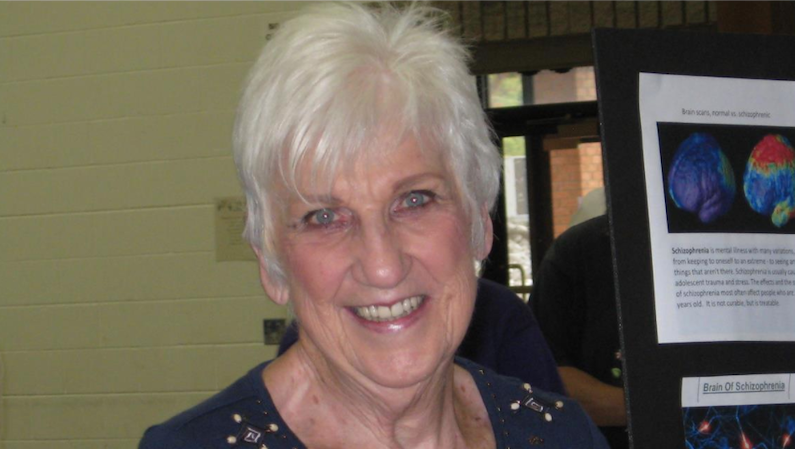“But if thought corrupts language, language can also corrupt thought.” – George Orwell, "1984"
Words do matter. As I listen to the people in our NAMI Connection Peer Support Group express their emotions, I realize more and more how very important the words we use regarding their illnesses are to their self-esteem — words that often prevent them from moving on in their recovery. This group is for adults living with a mental condition — who may or may not be in treatment — who share experiences and seek recovery.
When we first open our group meeting, we read the NAMI Principles of Support. There are twelve.
Principle One sets the scene: “We will see the individual first, not the illness.”
We use these same Principles in our Family Support Group, which offers coping skills for family and friends of an adult living with a mental illness.
Principle One serves to remind folks in our group how to see themselves: (that) they are not their mental illness (they are not bipolar, they have bipolar); and (that) they also possess strengths and potential, character and integrity. They are not a different person; they are the same person they were before they became ill. They have dreams and goals.
For the family group, our Principles are used to serve as a reminder that their loved one who had the onset of a mental condition is the same person they have always loved, even when their loved one cannot see themselves but as a person who is sick.
Our thoughts and feelings about our situations — whether we are the person with an illness or their loved one — can position the behavior as the forefront. The illness becomes the person. A co-worker or an employer can also trick us into thinking so. Prejudice and discrimination are embodied in those thoughts, and words do matter. Support and understanding do, too.
There is something known as “Person-First Language,” which is a way of communicating that reflects knowledge and respect for people with disabilities by choosing words that recognize the person first and foremost as the primary reference and not the disability. As a society, we need to recognize that mental illnesses are illnesses, and the people who have them are people — people who focus on hope.
The twelfth Principle is, “We will never give up hope.”







